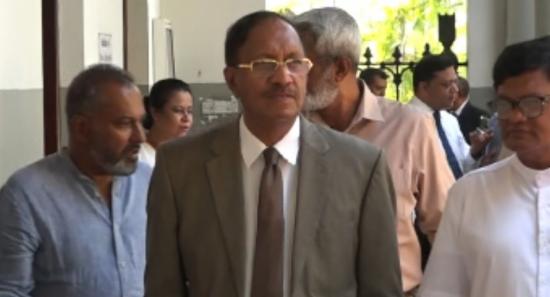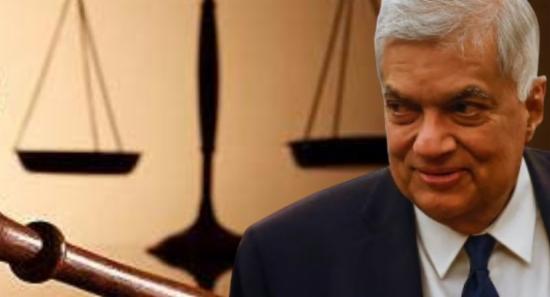.webp)

Understanding Sri Lanka's Online Safety Act: What You Need to Know
COLOMBO (News 1st); The Sri Lankan government has officially published the Online Safety Act by way of a Gazette.
This Act introduces several new laws, including a provision granting a newly established five-member commission the power to ban the communication of "false statements" online.
Mahinda Yapa Abeywardana, Speaker of Parliament endorsed the certificate on the Online Safety Bill which was passed in Parliament, and it was published via an official gazette.
How does the Online Safety Act define 'false statements'?
Multiple factors influence the labeling of a statement as false.
A “false statement” means a statement that is known or believed by its maker to be incorrect or untrue
In addition, a “false statement” means statement made especially with intent to deceive or mislead
However, it does not include a caution, an opinion or imputation made in good faith.
The legislation grants a designated commission the power to prohibit the dissemination of demonstrably false information online. Furthermore, the commission is authorized to initiate legal proceedings and impose fines upon individuals found to have violated these provisions.
How does the new law define and handle the designation of 'proscribed statements' online?
Any person, whether in or outside Sri Lanka, who poses a threat to national security, public health or public order or promotes feelings of ill-will and hostility between different classes of people, by communicating a false statement, commits an offence and shall on conviction be
liable to imprisonment for a term not exceeding five years or to a fine not exceeding five hundred thousand rupees or to both such imprisonment and fine.
Under the new law, it's an offense, punishable by imprisonment, fines, or both, to incite riots with false statements, disturb religious gatherings with misinformation, or maliciously spread falsehoods offensive to religious sentiments.
The legislation further criminalizes online communication that constitutes contempt of court, as well as both general online fraud and fraudulent activity involving impersonation.
Any person, whether in or outside Sri Lanka who communicates any false statement, with intent to cause any officer, sailor, soldier, or airman in the navy, army or air force of Sri Lanka to mutiny, or with intent to cause fear or alarm to the public, induces any other person to commit an offence against the State or against the public tranquillity, commits an offence and shall on conviction be liable to both such imprisonment and fine.
The legislation further criminalizes online communications that constitute harassment, child abuse, and the creation or modification of bots intended to carry out criminal activities.
Which specific authority in Sri Lanka can take action against 'false statements' under the new law?
According to the newly enacted Online Safety Act, the power to take action against 'false statements' rests with the Commission on Online Safety, a five-member body established by the Act.
The Commission shall consist of five members appointed by the President, subject to the approval of the Constitutional Council.
The President shall appoint one of the members of the Commission to be the Chairman of the Commission.
The term of office of the Chairman and the Members of the Commission shall be three years.
Furthermore, the Commission is vested with the authority to issue recommendations to Internet Service Providers and Internet Intermediaries, mandating the removal of 'prohibited statements' as designated by the Commission.
The Act mandates the registration of websites offering social media functionalities to Sri Lankan end-users, with the specific registration process to be detailed in regulations promulgated under this legislation.
Other Articles
Featured News





.png )











-822734_550x300.jpg)
-822716_550x300.jpg)
-822495_550x300.jpg)
-819380_550x300.jpg)
















.gif)